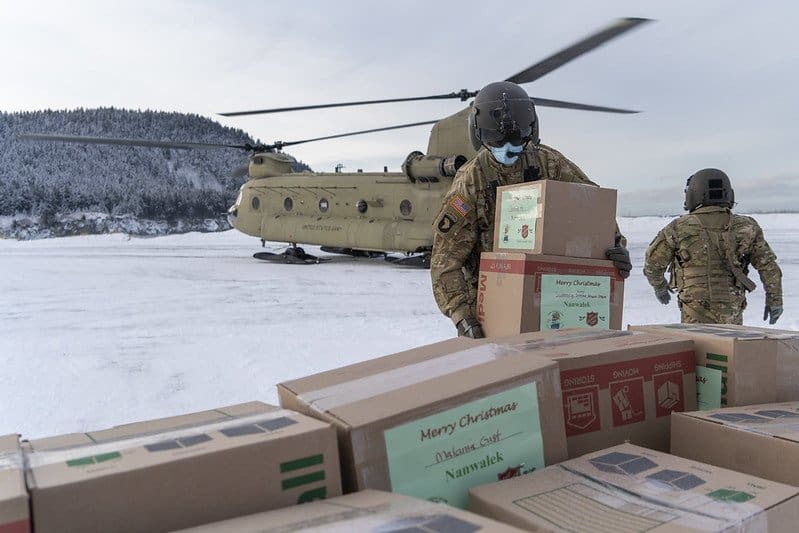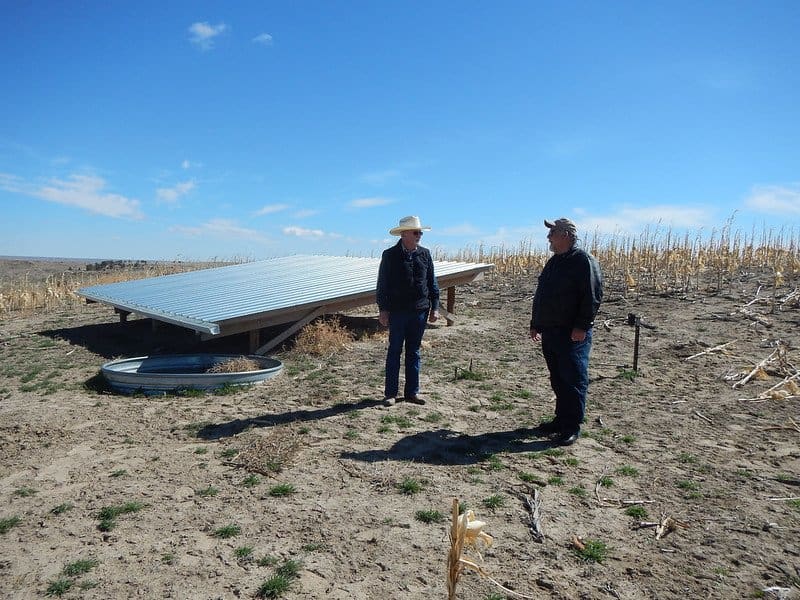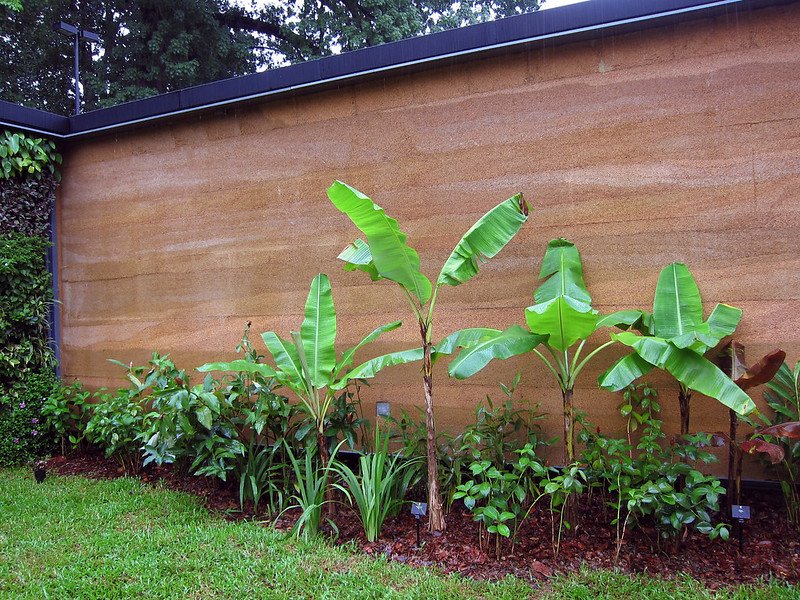Three great stories we found on the internet this week.
Cold comfort
Alaska, the most undeveloped U.S. state, where many residents live in remote villages untouched by roads or hospitals, has achieved one of the highest vaccination rates in the country.
Since the beginning, Alaska has been a standout success in its response to Covid-19. Now, it has launched a massive mobilization effort to ship the vaccines to every corner of the state. Using seaplanes, boats and snowmobiles, Alaska has delivered so many vaccine doses to its far-flung outposts that vaccination rates there are higher among rural and Indigenous residents than city dwellers. The achievement is all the more impressive given Alaska’s harsh winter weather. (One frontline worker described racing to administer the Pfizer-BioNTech vaccine, which must be stored at sub-zero temperatures, before it became too cold.)

More than three percent of Alaskans have been vaccinated, the fifth-highest rate in the country. Among them was a 92-year-old woman who could recall her parents’ experiences during the 1918 Spanish Flu. “I could hardly sleep the night before we went out,” said the frontline worker about her experience as part of the mobilization. “I was so excited.”
Cultivating wellness
Farming is a tough pursuit in the best of times, and as food systems have fallen into disarray due to restaurant closures and panic buying, it’s become even more stressful. But mental health services can be few and far between for those who grow America’s food. And stigma in some small farming communities prevents people from seeking the help they need.
The Wisconsin Farm Center is one of several Midwest organizations that have set up teletherapy services targeting farmers specifically. The program includes a 24-hour hotline and free, unlimited counseling sessions with a mental health professional. Teletherapy is a particularly good fit for farmers, who are often out in the fields or — especially during the fall harvest season — hauling their crops to faraway distribution centers. The sessions can be attended from anywhere. And teletherapy allows multiple members of a farming family to attend sessions together, wherever they are.

Other Midwestern states — including Iowa, Nebraska and Minnesota — have set up similar services. They serve as examples of how the pandemic has catalyzed solutions that were needed anyway. “I think in the past,” said one counselor at the Wisconsin Farm Center, “we haven’t been able to reach farmers for a lot of these services, even though they want them and need them, because there was no way for them to be able to leave what they were working on to come in and get services.”
Read more at the Midwest Center for Investigative Reporting
Greener buildings
Hemp hoodies, hemp body lotion, hemp energy drinks — the versatile plant’s reputation has perhaps suffered a bit from overhype. But one use for hemp that may be under-explored is as a construction material, particularly because, unlike concrete, “hempcrete” can sequester carbon dioxide.

Concrete generates about eight percent of human-created CO2, and has been called “the most destructive material on earth.” Hempcrete, on the other hand, can sequester 19 pounds of carbon per cubic foot — roughly the annual emissions of three refrigerators. And while it’s not as strong as concrete, it meets the standards of most building applications, and can be used as an insulator or in place of plaster or drywall.
In fact, its biggest drawback may be the laws that prevent its cultivation. Since 2018, farming industrial hemp has been allowed, but with strict rules that restrict its psychoactive content. Once it becomes more widely available, however, advocates expect it to become a mainstream construction material. “In a way we’re talking about starting an industry from the ground up,” said the director of the International Hemp Building Association.










